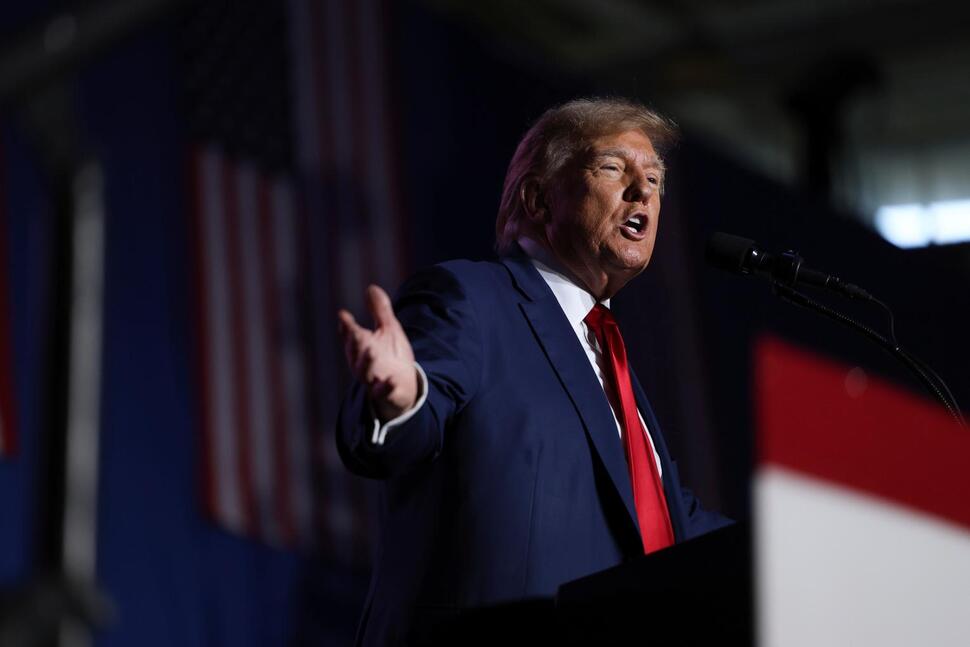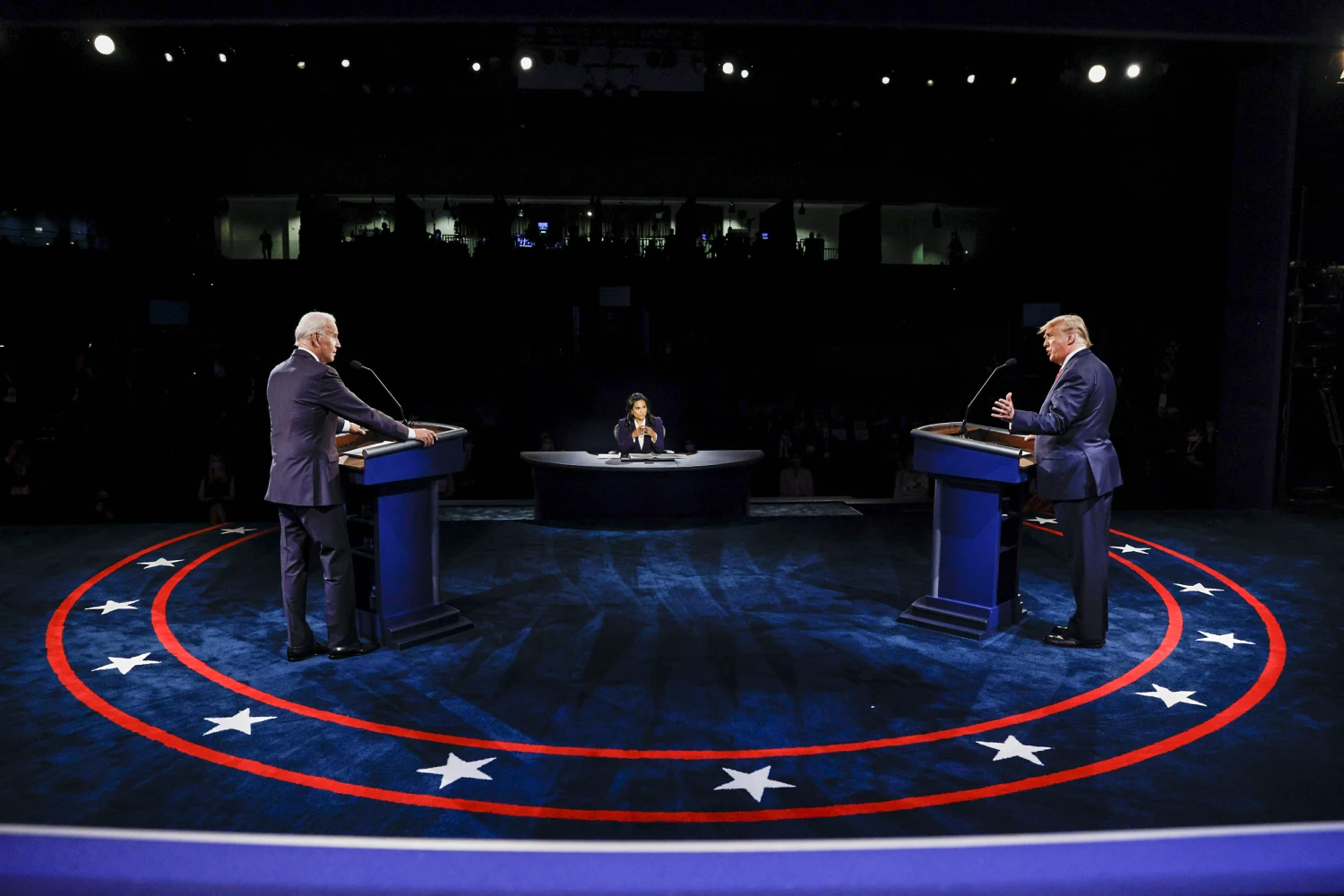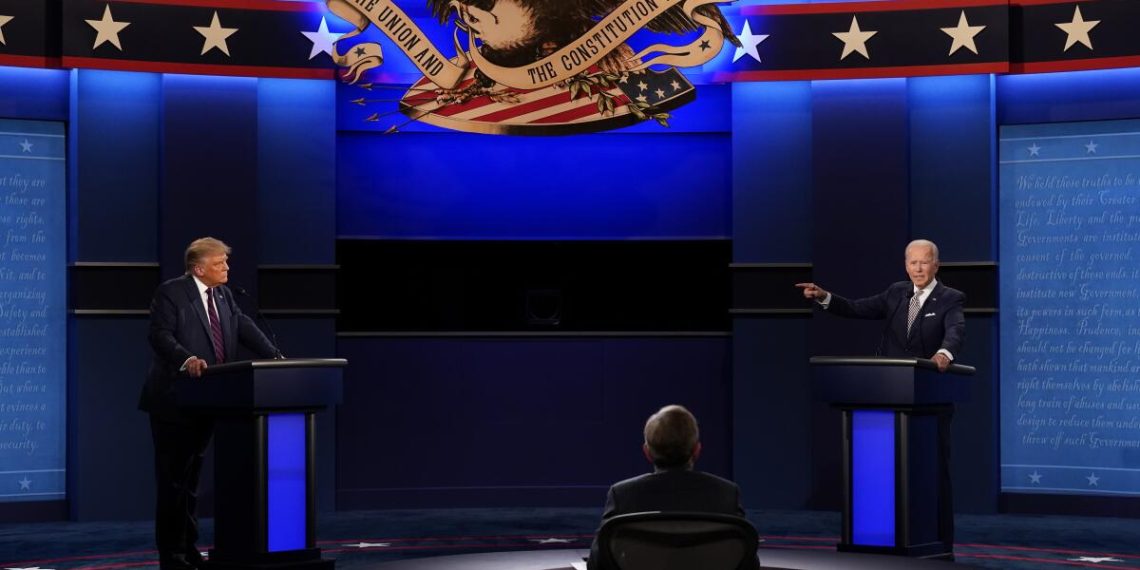In a recent interview with broadcaster Howard Stern, U.S. President Joe Biden confirmed his willingness to engage in a debate with his Republican opponent, Donald Trump, for the upcoming November election.
Biden expressed his readiness, stating, “I am, somewhere. I don’t know when. I’m happy to debate him.” This marks Biden’s most explicit acknowledgment of the potential debate, having previously conditioned his participation on Trump’s conduct.

Trump, who declined to debate his rivals before securing the Republican primary race victory last month, has been actively challenging Biden to engage in a one-on-one debate, offering flexibility with the timing and location.
His campaign advisers urged an accelerated debate schedule, proposing more than the customary three debates and an earlier start to the debate cycle.
Leading U.S. news organizations have encouraged both candidates to commit publicly to debating each other under the auspices of the nonpartisan Commission on Presidential Debates, as has been the tradition since 1988.
Biden’s camp remains cautious, expressing concerns that Trump may not adhere to the debate rules established by the Commission.

Some of Biden’s advisers have reservations about providing Trump with a platform that could potentially raise him, thus preferring to avoid sharing the stage with the former president.
The confirmation of Biden’s willingness to debate comes amid a lead among registered voters, with a Reuters/Ipsos poll earlier this month indicating a 41% to 37% advantage over Trump.
Despite the ongoing back-and-forth between the candidates, Biden’s response reflects a willingness to engage in a formal debate, setting the stage for a potential high-stakes political showdown.










